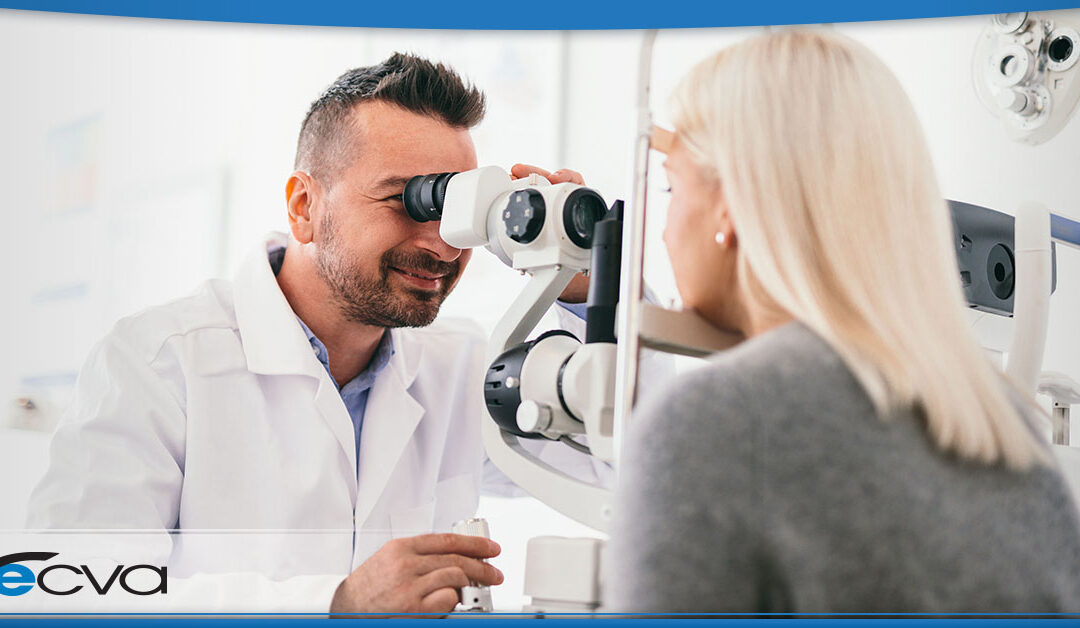Let’s dive into some of the most common eye health questions to help you make informed decisions about your vision care.
Can Too Much Screen Time Hurt Your Eyes?
In today’s digital age, screen time is almost unavoidable, but spending long hours staring at screens can lead to a condition known as digital eye strain. Symptoms like dry eyes, headaches, blurred vision, and eye fatigue are common among those who spend extended periods in front of computers, smartphones, or tablets.
While screen time itself doesn’t cause permanent damage to your eyes, it can certainly make them uncomfortable and reduce your quality of life. To minimize the effects of digital eye strain, follow the 20-20-20 rule: every 20 minutes, take a 20-second break and look at something 20 feet away. Adjusting your screen’s brightness and contrast, using artificial tears, and ensuring proper lighting in your workspace can also help.
Can Too Much Sunlight Cause Cataracts?
Sunlight is essential for health, but overexposure to ultraviolet (UV) rays can damage your eyes, contributing to the development of cataracts. Cataracts occur when the lens of the eye becomes cloudy, leading to blurred vision and if left untreated, potential blindness. Prolonged exposure to UV rays accelerates the eye’s natural aging process, making cataracts more likely to develop over time.
Wearing sunglasses that block 100 percent of UV rays and wide-brimmed hats when outdoors are effective ways to protect your eyes from the harmful effects of the sun. Regular eye exams can also help detect cataracts early, allowing for timely intervention to preserve your vision.
Does Wearing Glasses Make Your Vision Worse Over Time?
A common myth is that wearing glasses can weaken your eyes, causing your vision to deteriorate faster. In reality, glasses simply correct refractive errors such as nearsightedness, farsightedness, or astigmatism, allowing you to see clearly; they don’t change the natural progression of your vision or make your eyes dependent on them.
Vision changes are often due to the natural aging process or other underlying conditions, not the use of corrective lenses. In fact, wearing the correct prescription can prevent eye strain and improve your overall quality of life.
Do I Really Need a Yearly Eye Exam?
Yearly eye exams are crucial, not just for updating your prescription but also for detecting early signs of eye diseases that can lead to vision loss. Regular eye exams become even more critical for older adults as the risk of developing conditions like glaucoma, macular degeneration, and cataracts increases with age. These conditions often progress slowly – without noticeable symptoms – until significant damage occurs.
During an eye exam, your eye care provider will check for signs of these and other conditions, offering treatments or lifestyle adjustments that can help preserve your vision. Early detection is key to managing eye health effectively, so even if your vision seems fine, a yearly exam is essential to catch any issues before they become serious.
Connect With a Top Buffalo Eye Doctor
At ECVA, your eye health is our top priority. If you have concerns about your vision or it’s been over a year since your last eye exam, our dedicated team is here to help. Schedule an appointment at your nearest ECVA clinic today to keep your eyes healthy and your vision clear.


